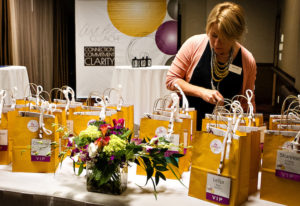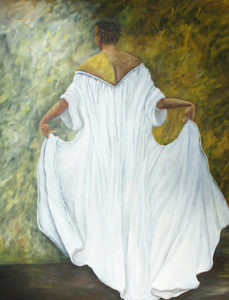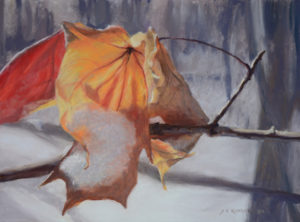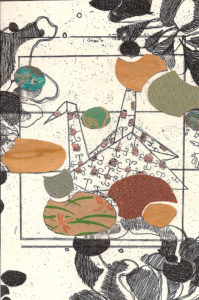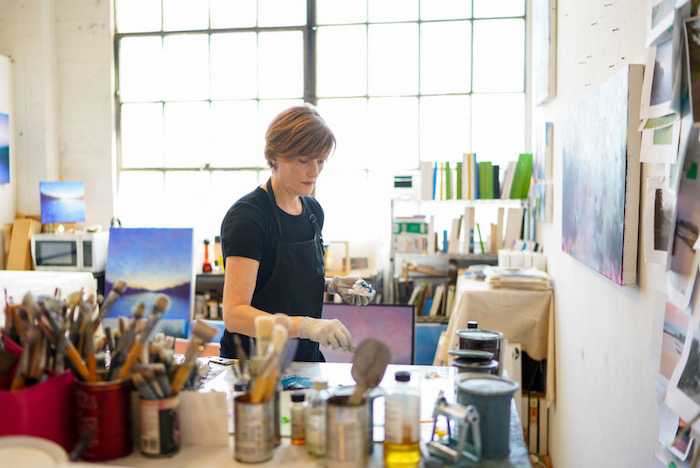
Your Primary Job Is In the Studio
Without the art, you are not the artist. It’s as simple of that. By definition, an artist is someone who makes art.
Too many artists put marketing before making. If you aren’t making art, you have no business prospects and certainly no need to worry about attracting more Instagram followers or growing an email list.
If you don’t make art, you have nothing to share. Your gifts remain hidden. Your dreams unfulfilled.
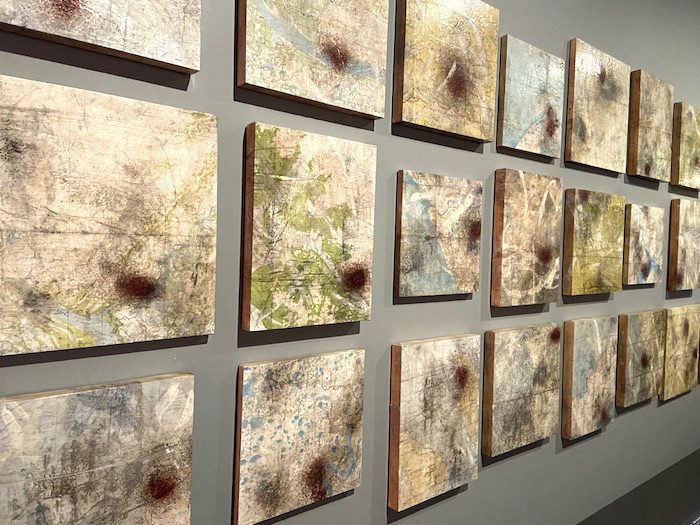
Curating the Art on Your Artist Website
It’s difficult to curate a show of your own work—to separate your complex feelings following the creative process. It might be helpful when necessary to think about your art like a museum thinks about its collections.
Museums have permanent collections that they own, but they don’t keep the work in one place. They present fresh viewpoints, mixing up the pieces to give new perspectives. They also approach curating as an additive process. You start with the best and add only what will strengthen the curatorial thesis.
A museum would never try to cram as much as possible into one show.

How to Write an Art Review
Writing an art review doesn’t have to be difficult. Start by gathering as much information as possible about the exhibit you’ll see before visiting. Plan on spending a lot of time in the space, making lots of notes, and taking plenty of photos to help you remember and perhaps illustrate your article. There will be people at the venue happy to help for the free publicity.
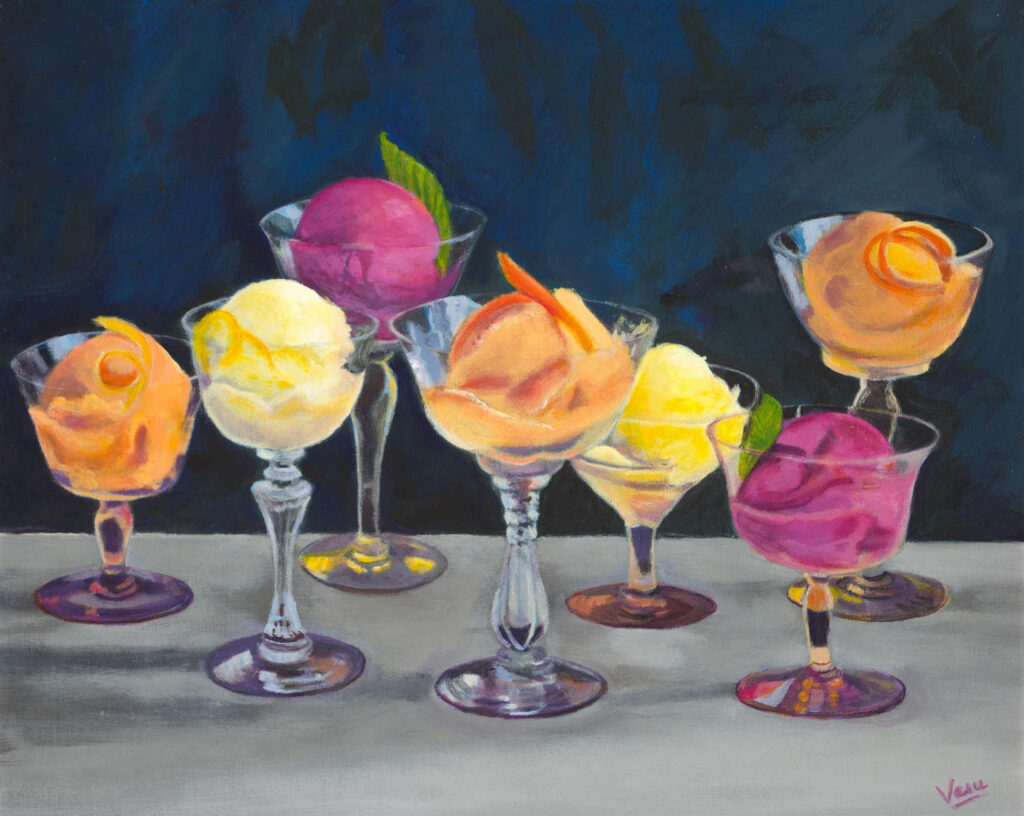
The Art Biz ep. 115: How to Get Better Feedback When You Want to Improve
I see versions of this repeated across artists’ social media accounts: What do you think?
If, at some point, you have typed that fateful phrase, I suspect that asking people who follow you what they think is for one of three reasons.
1. Because you think you care what people think.

A Proven De-stressing Technique to Eliminate Overwhelm
Working on the business means evaluating your busy-ness—taking time to look critically at your next steps, if only briefly. There is a deep sense of satisfaction when working on your business.
You aren’t checking boxes and crossing items off of a list, but you are feeling more in control. You begin to see possibilities that weren’t previously evident.
When you are overwhelmed, I suggest starting the process by moving some energy around and then doing a brain dump.

My Famous Eggnog Recipe
This recipe has been keeping my family warm on Christmas morning for decades—even though it’s very cold.
Loaded with bourbon (and a tiny bit of rum) and everything not good for you, it’s a once-a-year treat. A lot of work goes into it, but I promise your efforts will be rewarded.
If you like the stuff in the carton, you need read no further. This is nothing like that.



